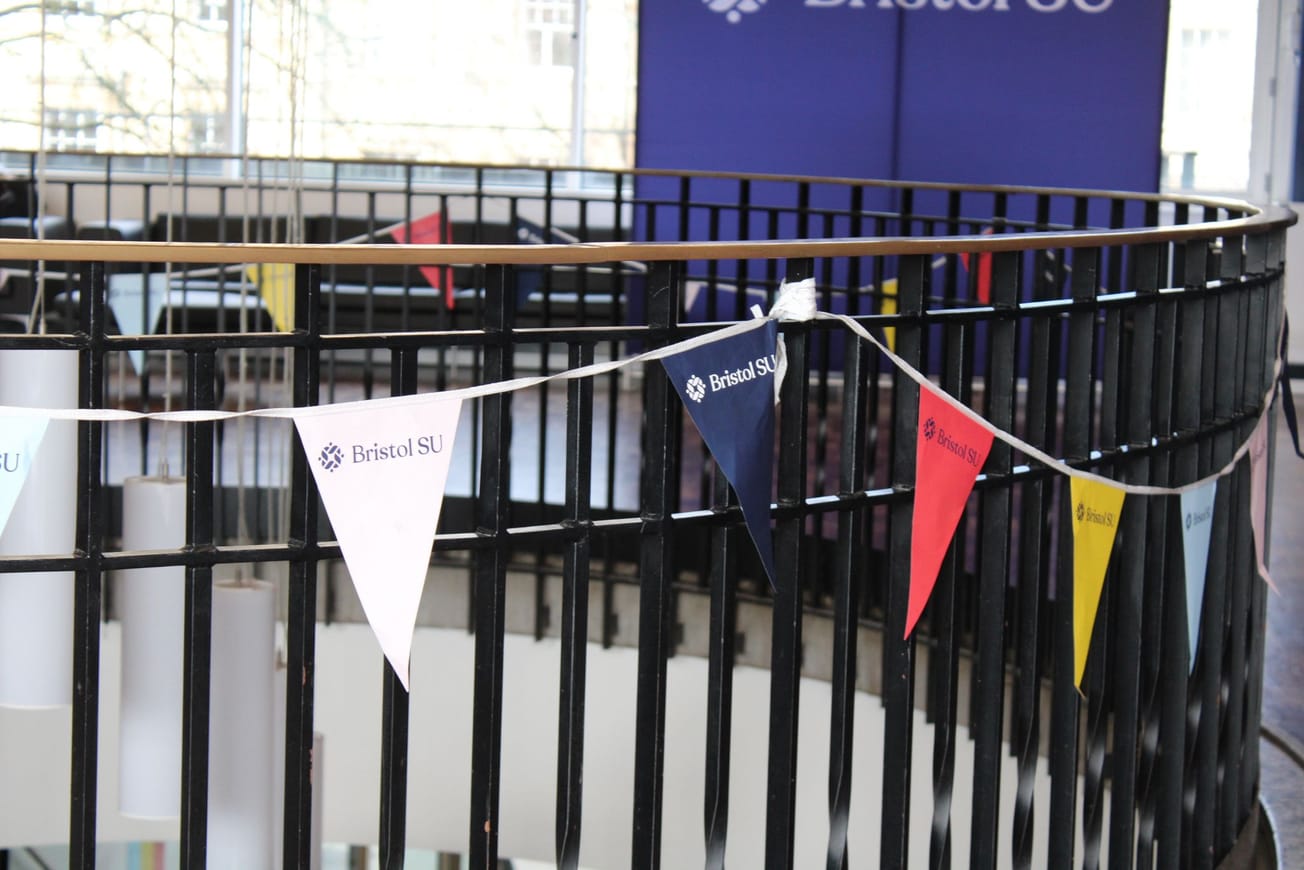By Seth Morgan, Second-year, Politics and International Relations
In England and Wales, three in four suicides are males.
Epigram spoke to University of Bristol student Ben Mason, founder of the men’s mental health charity The Grieving Pint, about how his organisation encourages and supports young men to speak about their mental health.
The Grieving Pint provides bi-weekly sessions at independent pubs. It aims to de-stigmatise the idea of young men sharing their feelings by creating a relaxed, safe space in which individuals can feel comfortable in discussing their mental health. It also facilitates social, responsible drinking as an alternative to unsafe drinking practices.
Initially launched in Bristol, The Grieving Pint now has branches in Bath, Exeter and Swansea. Ben hopes to establish the sessions in Newcastle, Leeds, Nottingham, Edinburgh and Manchester by the end of the 2024 academic year.
Ben told Epigram that following the loss of his mother in February 2022, ‘The only time I would speak about the nature of my headspace was over a beer. That formed a concept for me, because having a drink is great, and opens you up a bit, so I put those ideas together.’
This first materialised in April 2023, when The Grieving Pint held its first session with around 40 attendees. Now established in major cities with plans for further expansion, it has since fulfilled and surpassed Ben’s initial goal of wanting ‘One conversation, one person helped.’
Epigram asked Ben whether he felt that the existence of organisations like the Grieving Pint was reflective of the inadequacy of the University of Bristol’s mental health services. Although he recognised that traditional channels — such as those provided by the University — work for some people, his personal experience with university services left him feeling ‘Insecure, confused and uneasy.’ He emphasised that some people need a more informal, social approach.
The men’s mental health charity, HUMEN, ranks the University of Bristol at 68 out of 80 top UK universities for student mental health and scores their service provision as ‘Very poor.’
Speaking to Epigram, Jocelyn Wong — Welfare Officer for the Student Union Wellbeing Network — said she thought that specific support for men’s mental health ‘Is actually quite lacking.’ While noting that the university’s wellbeing services are intended to be broadly inclusive, she added that there is nothing ‘Specifically directed at men’s mental health, which I believe there should be.’
Discussing what more could be done by the university to support men experiencing poor mental health, she highlighted the need to ‘Raise awareness and de-stigmatise men’s mental health. Even just a poster here or there so people see it daily and know that there are non-judgemental places for them to feel safe, talk about what they’re feeling and build support systems.’
‘It might be that only 10 percent of the time people are talking about the problems they’re facing. The point is, The Grieving Pint is there to facilitate that conversation, even if it doesn’t dominate the time.’
It is this stigmatisation that The Grieving Pint seeks to challenge, aiming to normalise the idea of men discussing their mental health.
Ben doesn’t place importance on the number of people attending the sessions, saying that ‘The whole concept is consistency. The Grieving Pint’s job is to make sure we provide a service, bi-weekly, at the stated location. Whether people turn up or not, that’s not in our scope.’
Part of the importance of The Grieving Pint lies in its very existence; it’s there if people want it.
Mental health: 'Men think it's weak to speak when not well' https://t.co/6eH7VycZxv
— BBC News (UK) (@BBCNews) August 26, 2023
Alongside having an enjoyable time at the pub, The sessions provide a familiar, welcoming environment where men feel comfortable enough to confide in one another. There is no pressure to talk about mental health. Rather, Ben says ‘It might be that only 10 percent of the time people are talking about the problems they’re facing. The point is, The Grieving Pint is there to facilitate that conversation, even if it doesn’t dominate the time.’
For many, the stresses of university life can exacerbate or trigger mental health issues.
For a Second Year Philosophy student, who wished to remain anonymous, a combination of GCSE exam stress and the death of a grandparent sparked ongoing problems with their mental health. Speaking to Epigram, they elaborated on their experience: ‘I was pretty badly anxious, but I managed to get through that. Another rough patch started after the first lockdown.’
‘Lots of guys don’t even have the implicit agreement with their friends that they can openly discuss their issues, and for those people an organisation like The Grieving Pint is an incredibly important opportunity to build a support network.’
Regarding the specific sense of stigmatisation experienced by men who share their mental struggles, the student said ‘It’s not exactly controversial to say that there’s more of a stigma around male mental health problems. Even in my friendship group of guys, in which everyone knows they can talk to one another, I still think people often choose not to.
‘Growing up as a guy you internalise the idea that you shouldn’t talk to other people, and stop yourself from bringing it up’.
They also pointed out that ‘Lots of guys don’t even have the implicit agreement with their friends that they can openly discuss their issues, and for those people an organisation like The Grieving Pint is an incredibly important opportunity to build a support network.’
The Grieving Pint also acknowledges the issue of young men using alcohol as a coping mechanism. For Ben, The Grieving Pint is ‘Promoting collective and responsible drinking, countering young men drinking alone.’ He stresses that drinking alcohol is not a prerequisite to partaking in the sessions: ‘The beauty of the name is that you can have a pint of water, you can have a pint of lemonade.’
There is evidence to suggest that moderate alcohol consumption has its social benefits: research by the University of Oxford shows that moderate alcohol consumption can lead to improved mental wellbeing through increased social interaction. The study found that individuals who have a ‘local’ that they tend to visit regularly ‘Tend to feel more socially engaged and content.’
Similarly to The Grieving Pint, in 2020 The Clear Head campaign, headed by PROJECT:TALK, aimed to encourage men to talk about their mental health in conjunction with responsible drinking.
The Grieving Pint promotes socialisation, de-stigmatisation and responsible drinking practices, providing an environment in which men can better understand their own mental health, and that of others.
Spotlight | “You are not Alone”: In conversation with the Beat This Together society
‘You are often alone in trying to navigate a space that was not built for you’ | Is university accessible enough for disabled students?
If you or anyone you know are struggling with their mental health, please access support via the University’s Student Health Services, Bristol Nightlines non-advisory listening service, The Grieving Pint and the Mind website.
Featured Image: The Grieving Pint
Do you find it difficult to discuss your mental health?








